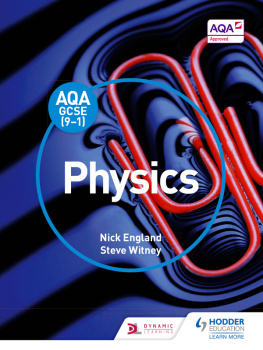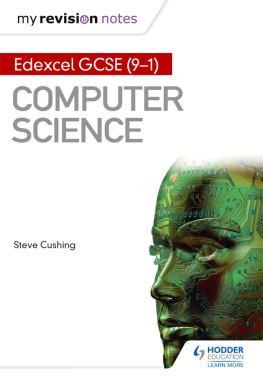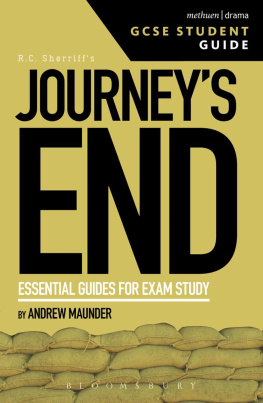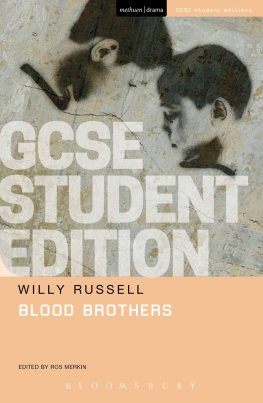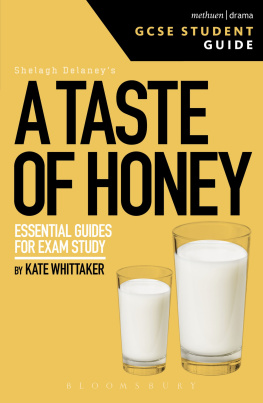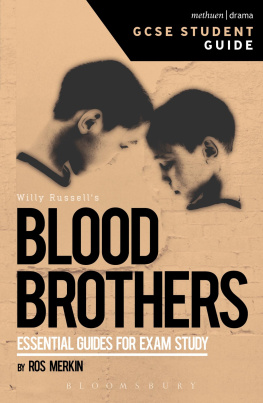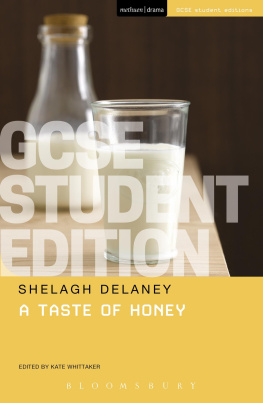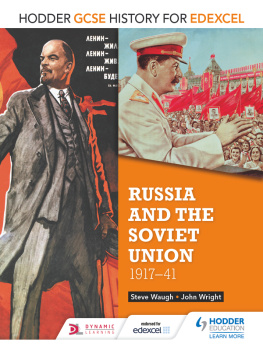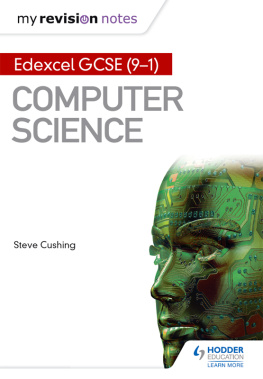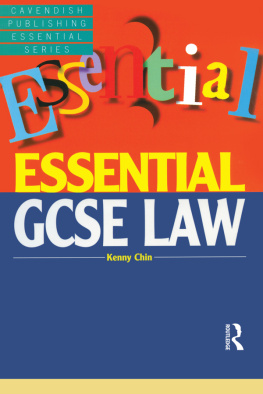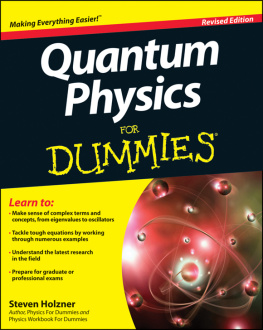Although every effort has been made to ensure that website addresses are correct at time of going to press, Hodder Education cannot be held responsible for the content of any website mentioned in this book. It is sometimes possible to find a relocated web page by typing in the address of the home page for a website in the URL window of your browser.
Hachette UKs policy is to use papers that are natural, renewable and recyclable products and made from wood grown in sustainable forests. The logging and manufacturing processes are expected to conform to the environmental regulations of the country of origin.
Orders: please contact Bookpoint Ltd, 130 Milton Park, Abingdon, Oxon OX14 4SB. Telephone: +44 (0)1235 827720. Fax: +44 (0)1235 400454. Lines are open 9.00a.m. 5.00p.m., Monday to Saturday, with a 24-hour message answering service. Visit our website at www.hoddereducation.co.uk
Nick England and Steve Witney 2016
First published in 2016 by
Hodder Education,
An Hachette UK Company
Carmelite House
50 Victoria Embankment
London EC4Y 0DZ
Impression number | 10 9 8 7 6 5 4 3 2 1 |
Year | 2020 2019 2018 2017 2016 |
All rights reserved. Apart from any use permitted under UK copyright law, no part of this publication may be reproduced or transmitted in any form or by any means, electronic or mechanical, including photocopying and recording, or held within any information storage and retrieval system, without permission in writing from the publisher or under licence from the Copyright Licensing Agency Limited. Further details of such licences (for reprographic reproduction) may be obtained from the Copyright Licensing Agency Limited, Saffron House, 610 Kirby Street, London EC1N 8TS.
Cover photo mark penny Fotolia
Illustrations by Aptara
Typeset in OfficinaSans-Book, 11.5/13 pts by Aptara Inc.
Printed in Italy
A catalogue record for this title is available from the British Library.
ISBN 9781471851377
eISBN 9781471851155
Contents
Get the most from this book
Welcome to the AQA GCSE Physics Student Book.
This book covers the Foundation and Higher-tier content for the 2016 AQA GCSE Physics specification.
The following features have been included to help you get the most from this book.
Prior knowledge
This is a short list of topics you should be familiar with before starting a chapter. The questions will help to test your understanding. Extra help and practice questions can be found online in our AQA GCSE Science Teaching & Learning Resources
KEY TERMS
Important words and concepts are highlighted in the text and clearly explained for you in the margin.
Practical
These practical-based activities will help consolidate your learning and test your practical skills.
Required practical
AQAs required practicals are clearly highlighted.
TIPS
These highlight important facts, common misconceptions and signpost you towards other relevant chapters. They also offer useful ideas for remembering difficult topics.
Show you can
Complete the Show you can tasks to prove that you are confident in your understanding of each topic.
Higher-tier only
Some material in this book is only required for students taking the Higher-tier examination. This content is clearly marked with the blue symbol seen here.
Examples
Examples of questions and calculations that feature full workings and sample answers.
Test yourself questions
These short questions, found throughout each chapter, allow you to check your understanding as you progress through a topic.
Chapter review questions
These questions will test your understanding of the whole chapter. They are colour coded to show the level of difficulty and also include questions to test your maths and practical skills.
Simple questions that everyone should be able to answer without difficulty.
These are questions that all competent students should be able to handle.
More demanding questions for the most able students.
Answers
Answers for all questions and activities in this book can be found online at:
www.hoddereducation.co.uk/aqagcsephysics
Practice questions
You will find Practice questions at the end of every chapter. These follow the style of the different types of questions you might see in your examination and have marks allocated to each question part.
Working scientifically
In this book, Working Scientifically skills are explored in detail in the activity at the end of each chapter. Work through these activities on your own or in groups. You will develop skills such as Dealing with data, Scientific thinking and Experimental skills.
* AQA only approve the Student Book and Student eTextbook. The other resources referenced here have not been entered into the AQA approval process.
The Publisher would like to thank the following for permission to reproduce copyright material:
Photo credits
p. 1 zentilia Fotolia; p. NASA, ESA, J. Hester, A. Loll (ASU)
t = top. b = bottom, l = left, c = centre, r = right
Every effort has been made to trace all copyright holders, but if any have been inadvertently overlooked, the Publisher will be pleased to make the necessary arrangements at the earliest opportunity.
1 Energy
We are concerned that energy reserves are running out. What does the future hold? How will we generate electricity for the projected World population of 10 billion people in 2050?
Specification coverage
This chapter covers specification points: 4.1.1 Energy changes in a system, and the ways energy is stored before and after such changes, 4.1.2 Conservation and dissipation of energy and 4.1.3 National and global energy resources.
Prior knowledge
Previously you could have learned:
Our primary source of energy is the Sun.
Food provides us with energy to live.
Energy reaches us from the Sun in the form of electromagnetic radiation.
Fossil fuels are a source of energy.
We generate electricity using fossil fuels and other sources of energy.
Energy can be transferred from a hot object to colder objects.
Metals are good thermal conductors. They allow energy to be transferred quickly.
Fluids (liquids and gases) transfer energy by convection.
Energy is measured in joules, J.
Test yourself on prior knowledge
State three examples of how you use energy every day.
Give an example of a fossil fuel.
Why are metals good thermal conductors?
Energy changes in a system, and the ways energy is stored before and after such changes
Energy stores and systems
We can begin to understand energy by studying changes in the way energy is stored when a system changes. A system is an object or a group of objects that interact. Here are some situations with which you should be familiar.
Throwing an object upwards



